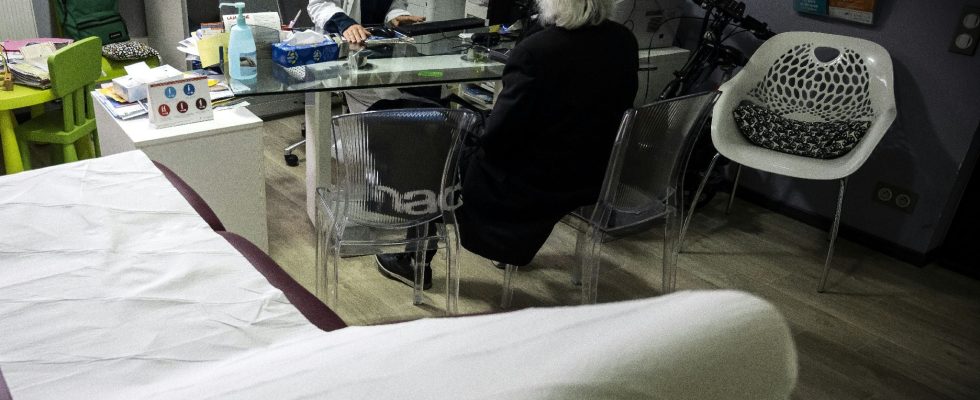The measure is already debated in the medical world. On Saturday, the Prime Minister, Gabriel Attal, declared that he wanted certain medical appointments not honored to be punished in the future with a financial penalty of 5 euros payable by the offending patient. The head of government had already announced during his general policy declaration his desire to put in place this so-called “rabbit tax” sanction. This is part of a battery of measures presented on Saturday to try to respond to the crisis in the city healthcare system, with the desire to recover 15 to 20 million medical slots.
According to the Order of Physicians and certain unions such as the UFML, these “bunnies” represent 27 million consultations lost each year. In the profession, opinions differ and some do not hesitate to point out the limits that such a measure could have.
A difficult system to put in place?
The Prime Minister wants the application of this tax to be at the discretion of each doctor, who will have to judge whether the reasons for canceling the appointment by the patient are legitimate or not. In the latter case, the patient could then be charged a tax of 5 euros. Many question the feasibility of the measure. “It doesn’t mean anything, it’s a tax that we collect,” Patrick Pelloux, president of the association of emergency doctors in France, said this Monday morning on RMC. “It can’t work, the purpose of all this is the Social Security box and, there, we have everything to lose,” he lambasted.
For its part, the government assured that the implementation of this “rabbit tax” was “technically entirely feasible”, according to Frédéric Valletoux, Minister Delegate for Health and Prevention. Guest of Franceinfo, he explained “that patients who make an appointment will leave their bank details on the reservation platforms” (such as Doctolib). Otherwise, doctors will be allowed to take banking details over the phone or pay their fee during their next appointment.
Still a shortage of general practitioners
It is “a sum which may seem high for some, insufficient for others, in any case, health is not free”, defended the Minister of Health and Solidarity, Catherine Vautrin on the morning show. of RTL. The objective is to “empower patients”, at a time “when many French people have difficulty accessing care”, insists the government.
At the microphone of France Blue, Luc Duquesnel, general practitioner, said he prefers “to educate people rather than telling professionals ‘you are going to tax people’, which will strain relations with our patients”. The president of the general practitioner branch of the Confederation of French Medical Unions believes that the lack of medical appointments is mainly due to the shortage of medical students wanting to become general practitioners. The president of France assos santé, Gérard Raymond, said he was completely opposed to this tax on Franceinfo. Far from being a measure of “patient accountability”, it is an attempt to “instill guilt”, according to him, adding that there is a risk of misuse. The practitioner “will look at the end of the month and say to himself: ‘I’m short a few pennies, so I’m going to make ‘rabbit tax’ declarations.”
The government hopes that this measure can be put in place from January 1, 2025. Among its other measures announced last week, Gabriel Attal also intends to experiment in certain departments, from January 2025, with direct access to specialists without going through by a general practitioner, contrary to the current rule.
